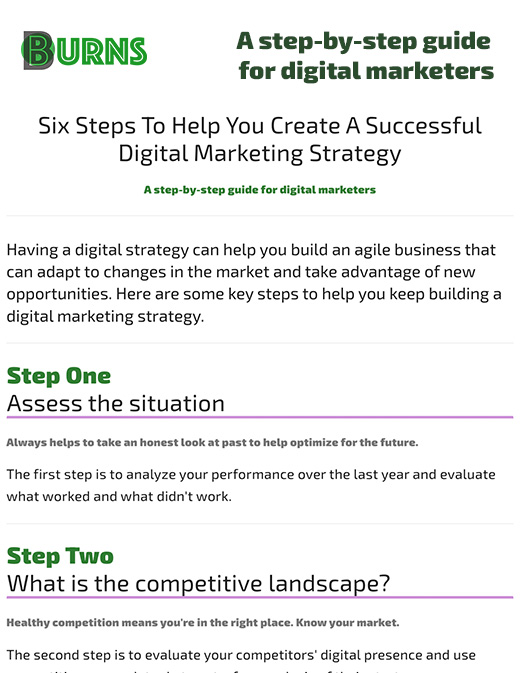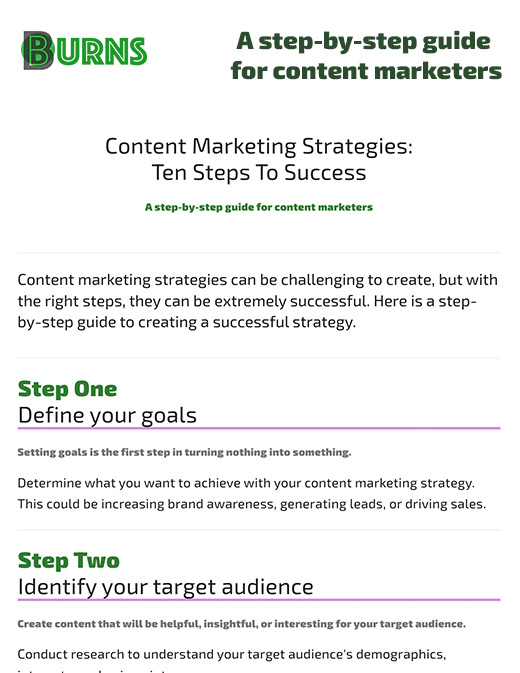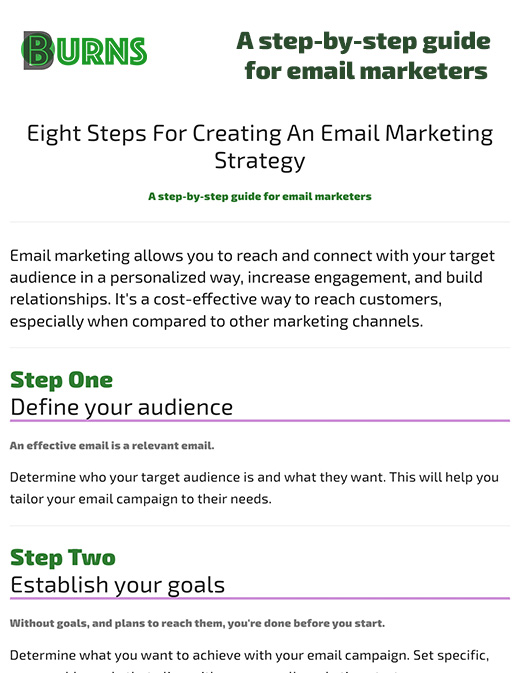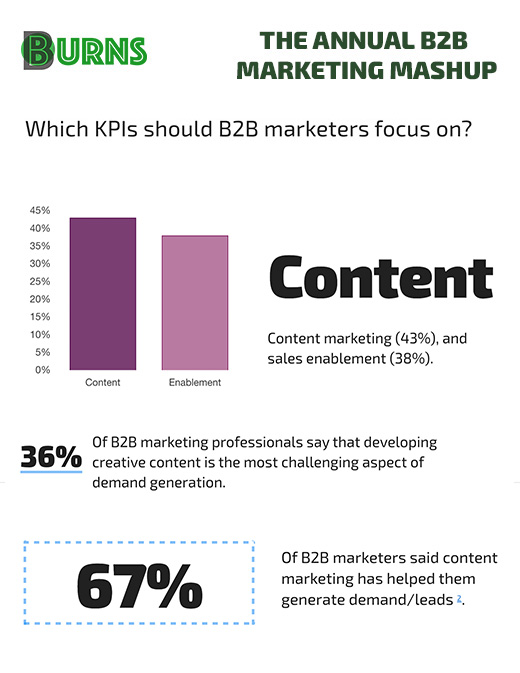An easy-to-understand glossary of digital marketing terms
An extensive glossary of digital marketing terms
Here is a quick reference guide for digital marketing professionals to understand the meaning of various terms and concepts used in the industry. It is designed to help marketers stay up-to-date with the latest terminology and trends. This is also useful for those who are new to the field.
By having a common language and understanding of digital marketing terms, professionals can communicate more effectively with each other and with customers/clients. Prevent confusion and ensure everyone is on the same page when it comes to digital marketing concepts and strategies.
301 Redirect
A permanent redirect that passes full link equity to the redirected page.
302 Redirect
A temporary redirect that redirects visitors from one page to another.
404 Error
An error message that appears when a visitor goes to a web page that does not exist.
A/B Testing
A method of comparing two versions of a web page or email to determine which one performs better.
Ad Network
A platform that connects advertisers with publishers to display ads on websites or apps.
Ad Rank
A value that determines the position of an ad on a search engine results page.
Affiliate Marketing
A marketing strategy in which a business rewards affiliates for each customer they bring to the business through their own marketing efforts.
Algorithm
A set of rules or instructions used by search engines to determine the relevance and ranking of web pages.
Analytics
The collection, analysis, and interpretation of data to inform decision-making.
Attribution
The process of assigning credit to a marketing channel or touchpoint for a conversion.
Bounce Rate
The percentage of visitors who leave a website after viewing only one page.
Call to Action (CTA)
A prompt that encourages a visitor to take a specific action, such as filling out a form or making a purchase.
Click-Through Rate (CTR)
The percentage of people who click on a link or ad compared to the number of people who view it.
Content Marketing
A marketing strategy that involves creating and sharing valuable content to attract and retain customers.
Conversion
The completion of a desired action, such as making a purchase or filling out a form.
Conversion Rate
The percentage of website visitors who take a desired action.
Conversion Rate Optimization (CRO)
The process of improving the percentage of website visitors who take a desired action.
Cost Per Acquisition (CPA)
The cost of acquiring a new customer through a marketing campaign.
Cost Per Click (CPC)
The cost of each click on an ad.
Cost Per Impression (CPM)
The cost of each impression of an ad.
Customer Relationship Management (CRM)
A system for managing interactions with customers and potential customers.
Demand Capture
Using intent data, automating workflows, improving ROI on ads, and creating targeted marketing content to engage high-intent prospects. It is an essential part of the overall demand generation process.
Demand Generation
A comprehensive, data-driven program of acquiring prospects, qualifying them as leads, and nurturing them towards making a purchase.
Digital Marketing
An umbrella term that incorporates all kinds of online marketing activities such as SEO, PPC, CRO, etc.
Display Advertising
A type of online advertising that involves displaying ads on websites or apps.
Email Marketing
A marketing strategy that involves sending emails to a list of subscribers to promote a product or service.
Funnel
A visual representation of the stages a customer goes through before making a purchase.
Geotargeting
A method of targeting ads to a specific geographic location.
Google Analytics
A free web analytics service offered by Google that tracks and reports website traffic.
Guerilla Marketing
A marketing strategy that involves unconventional and low-cost tactics to promote a product or service.
- HTML Banner
A banner ad using HTML elements, often including interactive forms instead of (or in addition to) standard graphical elements.
HTML Email
Email that is formatted using HTML elements to create a more visually appealing and interactive experience.
Impressions
The number of times an ad is displayed.
Influencer Marketing
A marketing strategy that involves partnering with influencers to promote a product or service.
Intent Channels
Channels or platforms where potential customers express their intent to purchase, such as search engines or specific industry websites.
Keyword
A word or phrase that describes the content of a web page or digital marketing campaign.
Keyword Density
The percentage of times a keyword appears on a web page compared to the total number of words on the page.
Keyword Marketing
A marketing strategy that involves optimizing content for specific keywords to improve visibility in search engine results.
Keyword Research
The process of identifying the most relevant and effective keywords for a digital marketing campaign.
- Keyword Stuffing
The practice of overusing keywords on a web page in an attempt to manipulate search engine rankings.
Keywords Tag
A meta tag used to indicate the keywords relevant to a web page.
Landing Page
A web page designed specifically to encourage visitors to take a specific action, such as making a purchase or filling out a form.
Lead Magnet
An incentive offered to potential customers in exchange for their contact information.
Natural Language Processing (NLP)
A branch of AI that focuses on the interaction between computers and humans using natural language.
Organic Search
The results that appear in search engine results pages based on their relevance to the search query, rather than paid advertising.
Pay-Per-Click (PPC)
An advertising model in which advertisers pay each time a user clicks on one of their ads.
Quality Score
A value that determines the relevance and quality of an ad and its landing page.
Remarketing
A marketing strategy that involves targeting ads to people who have previously interacted with a business.
Schema Markup
A type of structured data that helps search engines understand the content of a web page.
Search Engine Optimization ( SEO)
The process of optimizing a website to improve its visibility and ranking in search engine results pages.
Social Media Marketing
A marketing strategy that involves using social media platforms to promote a product or service.
Social Media Optimization (SMO)
The process of optimizing social media profiles and content to improve visibility and engagement.
Text Ad
A type of online ad that consists of text only, without any images or other visual elements.
User Experience (UX)
The overall experience a user has when interacting with a website or digital product.
Video Marketing
A marketing strategy that involves using video content to promote a product or service.
Viral Marketing
A marketing strategy that involves creating content that is designed to be shared widely and rapidly.
Web Analytics
The collection, analysis, and interpretation of data related to website traffic and user behavior.
Webinar
A live or recorded online presentation or seminar.
White Hat SEO
SEO techniques that are ethical and follow search engine guidelines.
XML Sitemap
A file that lists all the pages on a website to help search engines crawl and index the site.
Yield Management
A pricing strategy that involves adjusting prices based on supply and demand to maximize revenue.
Resources
Step-By-Step Guide
A digital Marketing Strategy
Here are some key steps to help you keep building a digital marketing strategy.

Step-By-Step Guide
A Content Marketing Strategy
Here is a step-by-step guide to creating a successful strategy.

Step-By-Step Guide
An Email Marketing Strategy
Reach and connect with your target audience in a personalized way.

Ask me anything!
Take the marketing quiz
A fun set of questions that test your marketing knowledge.
help_outline
